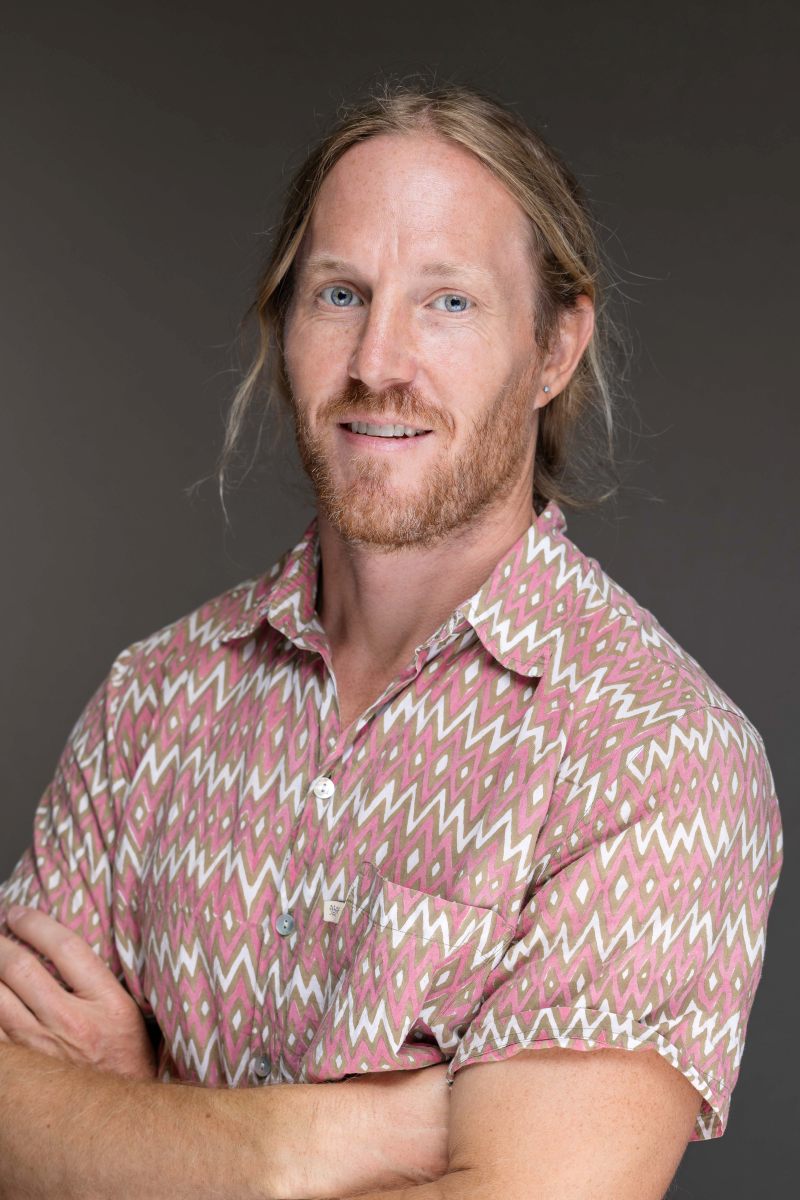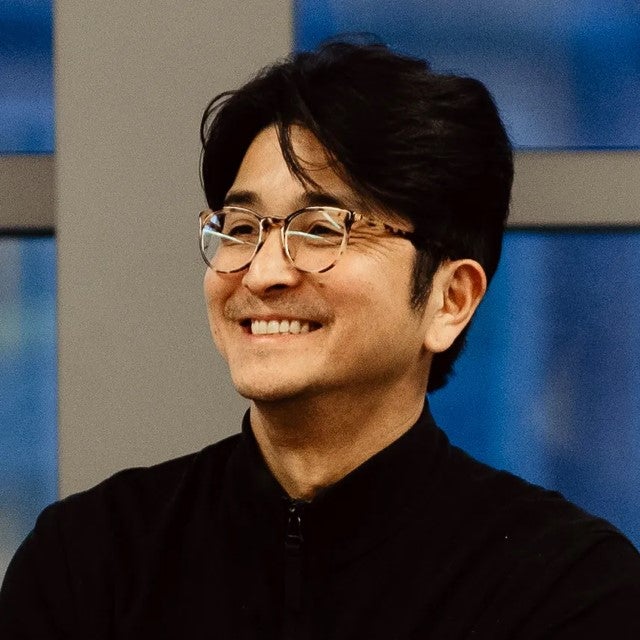In order to address issues of rights, equity, and history, members of the Marine Affairs Department participate in collaborative research methods that center the voices and knowledges of historically marginalized groups in Rhode Island, New England, and in the international spaces where we work.
Courses offered
- MAF 300: Race, Gender, Colonialism, and Science
- MAF 340: Environmental Sociology
- MAF 373: Environmental Injustice
- MAF 413: Peoples of the Sea
- MAF 471: Critical Island Studies
- MAF 472: Critical Studies of Tourism and Ecotourism
- MAF 500: Race, Gender, Colonialism, and Science
- MAF 531: Environmental Justice
Faculty
Professor, Joint appointment
Department Marine Affairs; Sociology and Anthropology
401.874.4297
cgarciaquijano@uri.edu
Associate Professor, Joint Appontment
Department of Fisheries, Animal and Veterinary Sciences
Research
- Faculty Office Hour: Communities and Wind Farms - As new offshore wind farm projects commence along the New England coast, who gets to have a say in where, or if, they happen? Professors David Bidwell and Emily Diamond, along with PhD candidate Shannon Howley, are studying how vulnerable groups and communities are reacting to their development, including residents’ and visitors’ attitudes toward the Block Island Wind Farm project and its impacts on tourism and recreation, as well as the role of the media in public perception of offshore wind farms.
- Film: Decolonizing Science and Ethics in Informal STEM Fields - Kendall Moore, Amelia Moore, Wendy Smythe, and Martha Merson
The Decolonizing Science Documentary Film Project explores the origins, creation, and evolution of western science as a western European enterprise, one that sublimated, marginalized and re-narrativized the practices, procedures, ethics, and contributions of the racially marginalized, underrepresented people of color (UR-POC) in science, today. - Reformulating Networks of Security, Sustainability, and Survival - Nicolette Bethel, Kenneth Broad, Amelia Moore, Adelle Thomas, Sarah Wise
How individuals and communities responded to Hurricane Dorian before, during, and after the storm, why they made the choices they made, and how their response strategies were adapted to the specific situation. - Public Memory, Place, and Belonging - Maryann Gobern Mathews, Jessie Frazier, Amelia Moore
In collaboration with the Gobern family and many other members of the local and regional community, we are developing a temporary, traveling exhibit, tentatively titled “Public Memory, Place, and Belonging: Unearthing the Hidden History of the Native and African American Presence on Block Island” about the multicultural history of the island, the evolution of the Manissean community and interracial relationships over time. - Coral Restoration Social Science and Assessment - Amelia Moore, Austin Humphries, Carlos Garcia-Quijano
Between 2018 and 2022, a team of URI researchers and students will be assessing the social impacts and effects of a large-scale, corporate funded, community oriented coral restoration project in the Spermonde Archipelago of Indonesia. - Amelia Moore and Journalism Prof. Kendall Moore receive NSF award to co-produce documentary - Dr. Amelia Moore of Marine Affairs and Journalism professor, Dr. Kendall Moore have been awarded $300,000 from the National Science Foundation's EAGER Program to make a documentary film entitled, "Decolonizing Science and Ethics in Informal STEM Contexts".
- MAF Professor Dr. Carlos G. García-Quijano publishes article in Black Perspectives - Dr. Carlos G. García-Quijano and colleague Dr. Hilda Lloréns published their article From Extractive Agriculture to Industrial Waste Periphery: Life in a Black-Puerto Rican Ecology in Black Perspectives, an award-winning blog of the African American Intellectual History Society (AAIHS).



